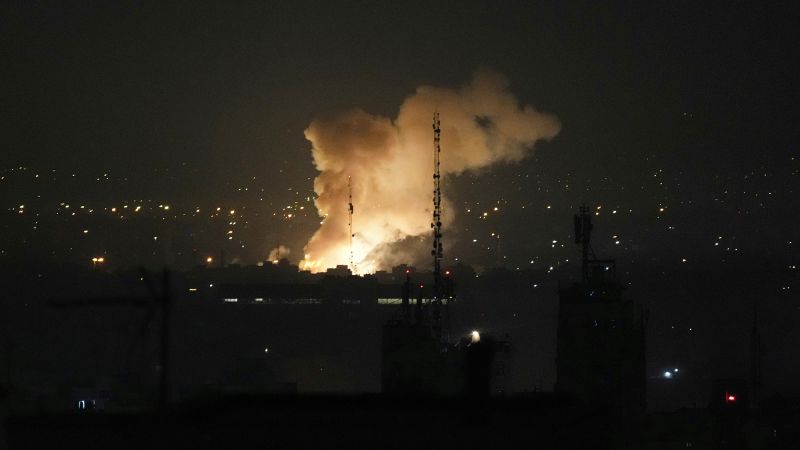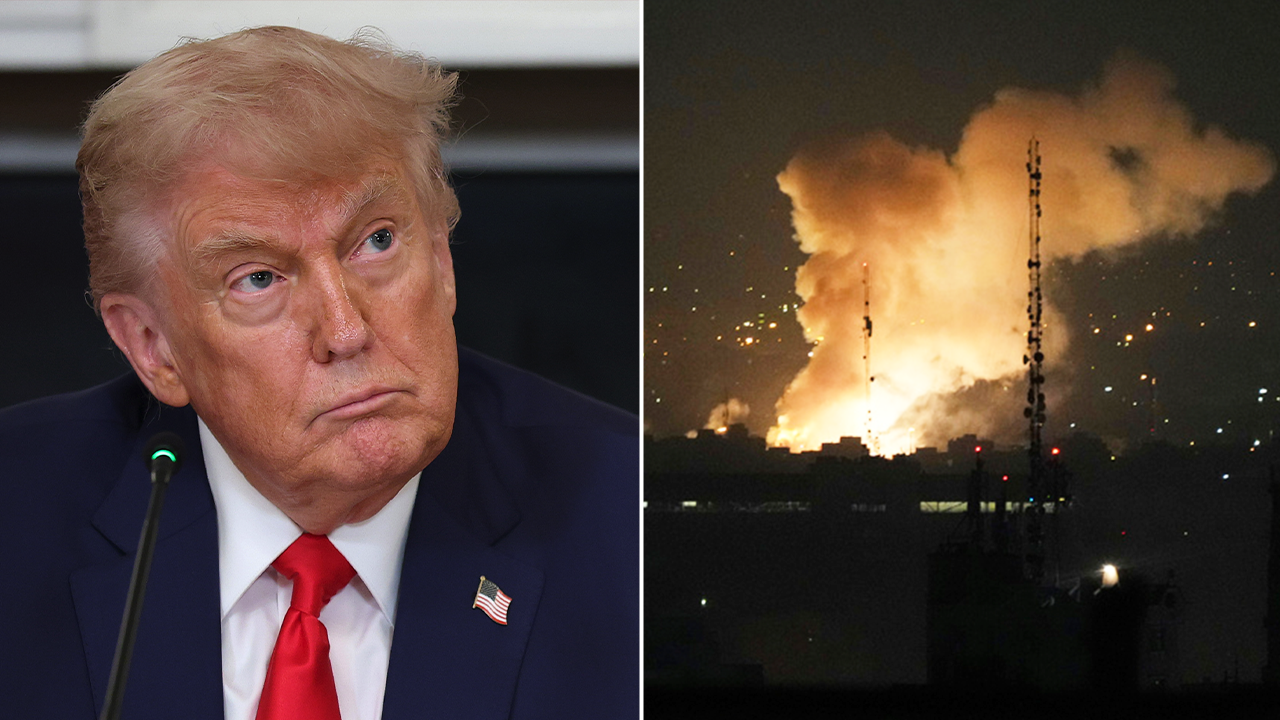Oil Prices Surge Amid Escalating Israel-Iran Conflict
Following Israel's military strike on Iran, oil prices surged significantly, causing global market fluctuations and raising concerns over inflation and geopolitical tensions.
Subscribe to unlock this story
We really don't like cutting you off, but you've reached your monthly limit. At just $5/month, subscriptions are how we keep this project going. Start your free 7-day trial today!
Get StartedHave an account? Sign in
Overview
- Oil prices surged over 10% following Israel's strike on Iran, with Brent crude reaching $74.15 per barrel and U.S. benchmark crude rising to $73.61 per barrel.
- The 10-year Treasury yield dropped to 4.35% as global markets reacted to the escalating conflict, causing stocks to tumble and investors to seek safer assets.
- Iran retaliated by launching drones at Israel, leading to casualties and further escalating tensions between the two nations amidst fears of a broader regional conflict.
- The potential closure of the Strait of Hormuz by Iran could disrupt oil supplies, exacerbating inflationary pressures and impacting global markets.
- U.S. Secretary of State Marco Rubio clarified that the U.S. is not involved in the strikes against Iran, focusing instead on protecting American forces in the region.
Report issue

Read both sides in 5 minutes each day
Analysis
Emphasizes significant oil price surges and stock market declines following Israel's military actions against Iran.
Articles (39)
Center (16)
FAQ
Military actions between Israel and Iran tend to cause oil prices to surge due to fears of supply disruptions, particularly given the region’s critical role in global maritime trade and oil production. This leads to increased shipping costs and higher insurance premiums, which are ultimately passed on to consumers[2].
The surge in oil prices can increase inflation in advanced economies by about 0.4 percentage points for every 10% rise in oil prices, according to the IMF. It also leads to global market volatility, reduces consumer purchasing power, and can negatively impact businesses reliant on oil-based inputs[2].
The Strait of Hormuz is a vital passage for global oil shipments. Its potential closure by Iran could severely disrupt oil supplies, further raise prices, and exacerbate inflation and market instability worldwide[2].
U.S. Secretary of State Marco Rubio clarified that the United States is not involved in the strikes against Iran and is instead focused on protecting American forces stationed in the region.
Israel’s recent strikes may present an opportunity for a broader regional realignment, potentially reshaping the Middle East order by reducing Iran’s disruptive influence and encouraging normalization and integration among regional states[1].
History
- 5M

 31 articles
31 articles
- 5M

 21 articles
21 articles
- 5M

 13 articles
13 articles
- 5M

 5 articles
5 articles

































